After US President Joe Biden approved the use of American military equipment on Russian soil, Ukraine, for the first time, launched long-range missiles supplied by the US to target Russian territory. ATACMS missiles were fired into Russia’s Bryansk region. Russia responded by hitting the Ukrainian city of Dnipro with a “new intermediate-range ballistic missile” as President Putin said.
UWI author, historian and political scientist associate Prof. Dr. Mehmet Perinçek answered our question on the rapidly moving developments.
One interpretation of the latest decision of the Biden administration says that it is an attempt to escalate and prolong the war in Ukraine before leaving office? Do you agree?
The failure of the US: militarily, economically and politically
The US has failed in Ukraine. Militarily, the Ukrainian army cannot reclaim lost territories or push back Russian forces. Economically, the US has also lost the war. The sanctions on Russia have not only failed to harm the Russian economy but have also enabled Russia to reduce its dependency on the Western economic system by fostering trade in national currencies and develop alternatives. Examples are new banking systems and BRICS’s efforts to create a common currency.
From a political and international relations perspective, the situation is similar. The US’s aim was to isolate Russia. However, as seen in the recent BRICS summit in Kazan, countries representing a significant portion of the world’s population and economy continue to engage with Russia on common platforms. Far from isolating Russia, the US and its European followers have weakened themselves both economically and politically.
Blow to hawks and globalists
This series of failures has inevitably domestic repercussions in the US. Trump’s decisive election victory was one such outcome. The US’s ruling elite, a significant portion of its population and even certain elements within the state have acknowledged through these election results that the course in Ukraine is detrimental to their interests. The idea of relinquishing the role of “global policeman” and turning inward was endorsed by the election outcomes.
This marks a significant blow to hawks and globalists in the US. The Biden administration’s latest decision reflects their desperation. Foreseeing the potential results Trump’s presidency might bring in Ukraine, they took this step to preempt and undermine any negotiation table that might be set between Trump and the Russian administration.
What response do you expect from Russia?
The use of these missiles is only possible with the direct involvement of the US or NATO forces, as they are not weapons that can be deployed only with the Ukrainian army’s capabilities. Thus, while Russia was already aware of the war in Ukraine is in fact against the US and the collective West, the new thing here is the direct involvement of the US and NATO on the battlefield. This is the critical aspect of the Biden administration’s decision.
Russia’s dual strategy
In this context, Russia’s new nuclear doctrine can be seen as a response to the increasing involvement of the US and NATO in the war. However, this does not mean that Russia has definitively decided to use nuclear weapons. Before reaching that point, Russia still has conventional weapons at its disposal that it hasn’t employed.
Russia is likely to pursue a dual strategy: maintaining its deterrence and resolve, while keeping avenues for negotiation open for the incoming Trump administration.
The key in the hands of Eurasian countries
What changes might Trump’s presidency bring?
Trump is known to favor negotiating with Russia. However, the key lies not in the hands of the US but with Eurasia, Eurasian countries. The unipolar world order is in decline and multipolarity is on the rise. The coordination and united stance of prominent Eurasian countries will play a decisive role.
If in the eyes of those countries, the war in Ukraine is viewed as not just Russia’s struggle but Eurasia’s collective defense against the US and NATO, the initiative will remain with Eurasian powers. This perspective also applies beyond Ukraine. Palestine’s resistance against Israel and the US, Türkiye’s stance in the face of US’s threats in northern Syria and the Eastern Mediterranean and the Taiwan… The other Eurasian countries have similar confrontations with the Atlantic System.
If Eurasian nations maintain the initiative, Trump will be compelled to adhere to his promises and act more consistently regarding the positions he has previously stated.







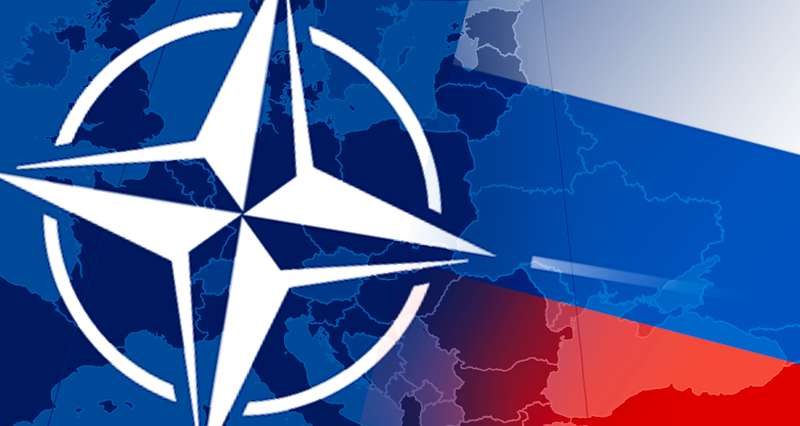
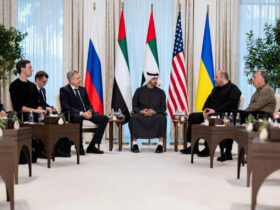
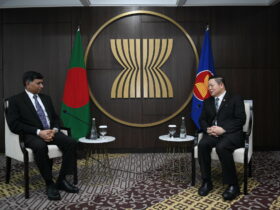

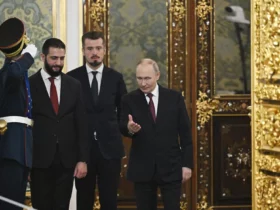

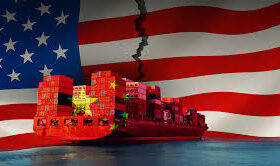
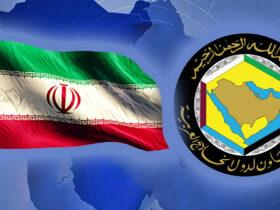
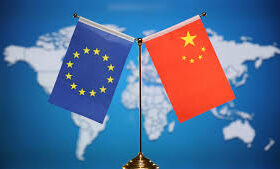

Leave a Reply